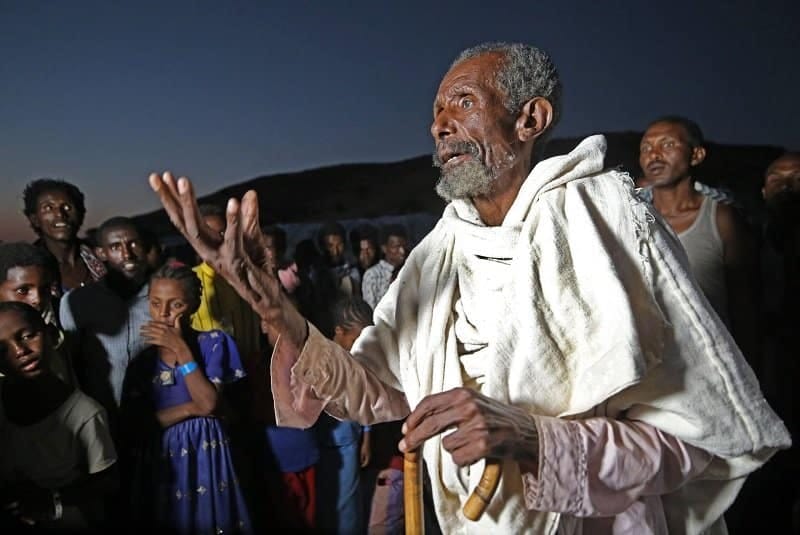
By: Abel Eshetu Gebremedhin ( PhD, Candidate , AAU)
Ethiopians are no strangers to hardship. But the current wave of economic struggle gripping the nation feels different—deeper, more widespread, and dangerously unsustainable. From Addis Ababa to remote rural districts, the common refrain is the same: “We can’t afford to live.” The soaring cost of living, relentless price hikes, and the painful devaluation of the birr have become the everyday reality of millions. At the heart of this crisis lies a set of recent economic reform policies implemented under the guidance—and pressure—of the International Monetary Fund (IMF).
The Ethiopian government, in a bid to stabilize the macroeconomy, regain donor confidence, and attract foreign investment, has embarked on a series of structural reforms. These include the removal of fuel and wheat subsidies, exchange rate liberalization, reduction of public spending, and privatization of state-owned enterprises. While these policies may make sense in economic theory and long-term projections, they are having devastating short-term consequences for ordinary citizens.
The most immediate and visible impact has been on the price of essential goods and services. Inflation has spiraled beyond control. According to recent reports, food inflation has crossed 30%, with staple items like teff, edible oil, onions, and bread becoming unaffordable for many. Rent, transport, electricity, and school fees have all followed the same cruel upward trajectory. Even middle-class families are now making impossible choices between paying rent and buying groceries.
Fuel price adjustments alone—made to align domestic prices with international markets—have cascaded into every sector, raising transportation costs, inflating commodity prices, and strangling small businesses. The informal sector, which employs a significant portion of the population, has been hit the hardest. Daily laborers, street vendors, and micro-entrepreneurs are being forced out of the economy without safety nets or compensation.
The birr’s devaluation—part of the IMF’s prescription for correcting exchange rate distortions—has worsened the burden. With the birr losing value against the dollar, the cost of imports has risen sharply, pushing prices higher across the board. Medicines, industrial goods, school materials, and fuel—all heavily dependent on imports—are now prohibitively expensive. Meanwhile, wages remain stagnant, and unemployment, especially among youth and graduates, is rising.
Supporters of these reforms argue that such pain is inevitable and temporary. They speak of a better future, of macroeconomic stability, of fiscal discipline and competitiveness. But for millions of Ethiopians who live on the economic margins, the future is now, and it is bleak. The gap between policy intent and human impact is wide—and growing.
More concerning is the lack of a strong social protection strategy accompanying these reforms. In countries where IMF-supported reforms have succeeded, governments have simultaneously expanded targeted safety nets, protected the vulnerable, and communicated transparently. Ethiopia, however, is implementing painful reforms in a fragile post-conflict context, amid rampant unemployment, and without robust compensatory programs.
Critics are justified in questioning whether the reform process is being driven more by external expectations than internal realities. The IMF’s technocratic solutions may help balance the books in Washington or Brussels, but they must also consider the daily bread in Bahir Dar or Dire Dawa. Economic reform must not become a synonym for social punishment.
This is not a call to abandon reform. Ethiopia desperately needs economic restructuring, debt management, and transparency. But reform must be homegrown, humane, and inclusive. It must be paced to protect livelihoods, not destroy them. It must consider the country’s socio-political context and avoid deepening inequality.
Ethiopia’s economic future cannot be built on the backs of the poor. The government must renegotiate the terms and tempo of reform. It must reintroduce smart subsidies, invest in job creation, protect small businesses, and listen to the people whose lives are most affected. Development is not just about GDP and balance sheets—it is about dignity, opportunity, and justice for every citizen.
Without a course correction, the very reforms meant to heal our economy may instead tear our society apart.
